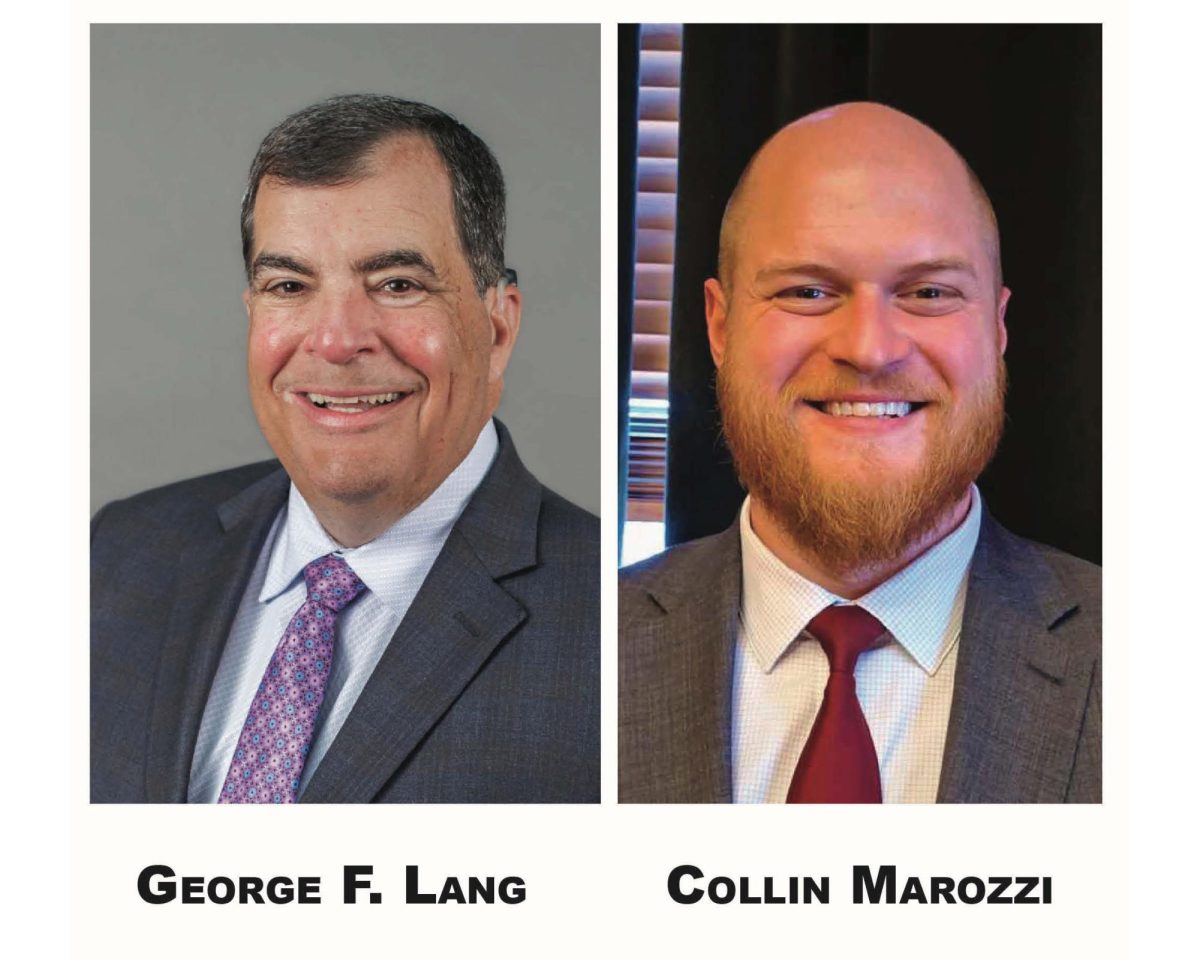On Aug. 8, Ohioans will vote in a special election that will determine how easily the Ohio Constitution can be changed to address polarizing topics such as abortion, minimum wage and legalizing marijuana.
If passed, Issue 1 would change the threshold to change the state constitution from 50% plus one to 60% of votes. It would also make it harder for citizen-led ballot measures to be voted on by requiring 5% of the voting population in all 88 counties to agree on putting the measure on the ballot.

The passage of Issue 1 would directly affect a proposed amendment to the state constitution protecting abortion access that will be on the ballot in November. Ohio Secretary of State Frank LaRose said Issue 1 is ‘100%’ about blocking abortion measures in Ohio at a recent Lincoln Day event in Ohio. It would also affect other issues such as raising the minimum wage, legalizing recreational marijuana and redistricting Ohio voting districts, according to the ACLU of Ohio.
According to a 2022 Ohio Pulse Poll by Baldwin Wallace University, 59.1% of Ohioans support a constitutional amendment to make abortion rights a fundamental right in Ohio. In 2006, an amendment to raise the minimum wage to $6.85 passed with 57% of the vote, according to Cleveland.com.
When Issue 1 was introduced by Ohio Senate President Matt Huffman (R-Lima) and Ohio House Majority Whip Jim Hoops (R-Napoleon), the issue was said to “make it harder for out-of-state special interests to buy their way into our state’s founding document” according to a press release from VoteYesOhio.com.
“It should be difficult to change our Constitution,” said District 4 Sen. George F. Lang (R-West Chester), who represents Oxford. “We end up having our constitution for sale.”
One group, Lang said, bought their way into the Ohio Constitution is what he describes as the “casino cartels.”
“They paid to get it done,” Lang said. “They ran the ads and I’m not anti-gambling. I’m actually for gambling but I’m for free markets and because we allowed our constitution to be sold to the highest bidder. Casino cartels have been created as a result.”
Lang said without Issue 1, the future holds more “cartels” going against Ohioans.
“Next is going to be the marijuana cartels,” Lang said. “We know that the majority of Ohioans right now want legalized marijuana so it’s either going to be done by the legislature in a way that taxes and regulates that appropriately or it’s going to be done by the marijuana cartels and it’ll be more expensive.”
In a press release, the Ohio Chamber of Commerce said voting yes will help Ohio’s businesses.
“A YES Vote on Issue 1 will protect Ohioans from those seeking to enact anti-business policies like the current effort to massively increase Ohio’s minimum wage and eliminate the tipped wage,” said Ohio Chamber of Commerce CEO Steve Stivers in a press release on VoteYesOhio.com.
On the other side, ACLU of Ohio deputy policy director Collin Marozzi said Issue 1 would take power away from voters.
“Issue 1 attacks majority rule in Ohio and it eliminates the democratic principle of one person one vote, which has been a long-standing tradition in our democracy of that every vote is equal, and that no group of voters has a more powerful vote at the ballot box than others,” Marozzi said.
By requiring only 40% of voters to vote down an amendment, Marozzi said a no vote is 1.5 times more powerful than a yes vote.
Marozzi also said that the proposed signature requirements of 5% of voters in the last gubernatorial election in all 88 counties for getting a citizen-pushed amendment on the ballot would be near impossible to overcome.
“That is an immense roadblock for citizen groups,” Marozzi said. “In fact, the only groups that will be able to meet that 88 county burden will be the groups that are bankrolled by million or billion-dollar special interests, most likely from out of state, who can hire an army of paid signature collectors.”
Kathie Brinkman, the communications director of the League of Women Voters of Oxford, said not only would public-initiated amendments be affected, but all amendments on any ballot.
“Although two of the provisions impact only citizen-initiated petitions, the third provision impacts every initiative that reaches the ballot, even those proposed by the legislature,” Brinkman said.
According to AP News, all of Ohio’s living ex-governors, regardless of political party, oppose Issue One along with the ACLU of Ohio. Brinkman said this shows that voters should not just vote along party lines.
“Every person in Ohio should be opposed to Issue One, regardless of political party,” Brinkman said.






